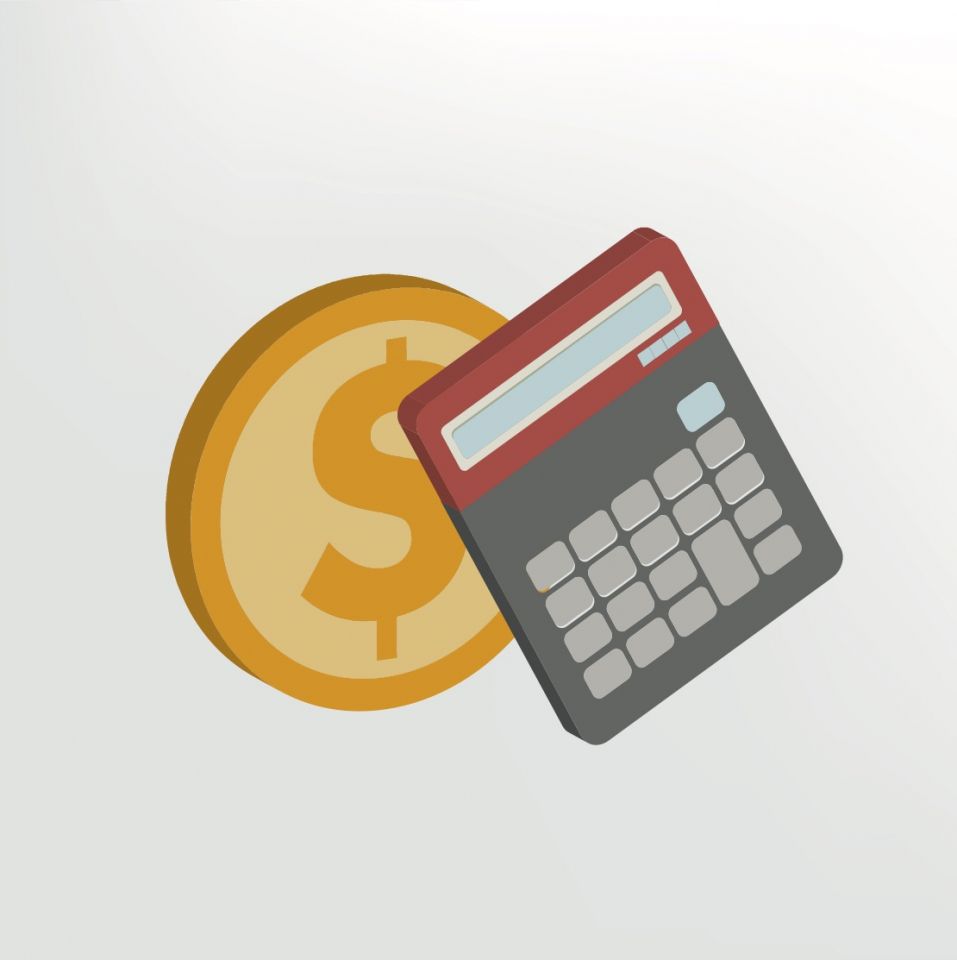What does it mean to be solvent?

Solvency has two distinct but linked meanings, both equally important. The first describes the state in which a company's current assets exceed its current liabilities. The second describes the state in which a company is able to meet its liabilities as they fall due.
Key takeaways
Solvency has two equally important and linked definitions: when a company's current assets exceed its current liabilities, and when a company can meet its liabilities as they fall due.
The phrase "as they fall due" is crucial because a company is not insolvent simply for being unable to immediately pay everything it owes, similar to how a person is not bankrupt for not paying off their entire mortgage.
Solvency rarely makes headlines on its own but typically arises in relation to insolvency, particularly when troubled businesses face scrutiny and directors must declare the company remains solvent.
Solvency is very important for investors, and many apply a solvency ratio to assess the assets and liabilities of companies whose shares they are considering for investment.
Where have you heard about solvency?
Usually with regard to its opposite, insolvency. Firms rarely hit the headlines merely for being solvent. When a business hits trouble, it is common for questions to be raised about its solvency and for the directors to declare that, contrary to rumours, the company is solvent.
What you need to know about solvency.
When a company's current assets exceed its current liabilities, it is said to be solvent. On another definition, it is solvent if it can meet is liabilities as they fall due. These last four words are very important. A company is not insolvent simply because it cannot pay, right now, every single thing it owes, anymore than a person is bankrupt because they cannot immediately pay off their entire mortgage. Solvency is very important for investors, and many will apply a solvency ratio to the assets and liabilities of any company in whose shares they are interested.
Find out more about solvency.
Solvency fits into the whole notion of assets and liabilities. Learn more from our definition of a balance sheet.